
“Enjoy Staying Late To Do My Job”: Deli Worker Maliciously Complies, Leaving Manager To Suffer The Consequences
Interview With AuthorExcessive micromanagement is a wonderful way to frustrate your team and turn everyone against you. It shows that you don’t trust your subordinates enough and that you probably can’t (or won’t!) delegate work. Moreover, it speaks volumes about your need for control and insecurities. However, the antidote to micromanagement is a dash of malicious compliance. When you start following orders to the letter, your manager might realize how wrong they were when they face the consequences.
Redditor u/Rikkendra recently went viral after sharing how her former boss learned his lesson about trusting others after he had to do tons of unpaid overtime at a supermarket until midnight. Read on for the full story and don’t miss Bored Panda’s interview with the author of the viral story, redditor u/Rikkendra!
Micromanagers have a hard time delegating work and want to feel in control
Image credits: fxquadro (not the actual photo)
A woman shared how her boss at the supermarket learned a lesson he’ll never forget after failing to listen to her advice
Image credits: serhiibobyk (not the actual photo)
Image credits: marisap7 (not the actual photo)
Image credits: nualaimages (not the actual photo)
Image credits: Rikkendra
“He never apologized to me, but he also never again attempted to micromanage me”
We got in touch with the author of the post who was kind enough to answer our questions about what happened with her former boss at the store. We wanted to know her thoughts about why Scott was so unwilling to listen to and trust the OP.
“Scott was retired from the military. He was accustomed to giving orders and having them followed without pushback from his subordinates,” u/Rikkendra told Bored Panda.
“In this situation, he had made a decision without gathering all the facts. When I tried to provide that info, he did not want to hear it because I was a subordinate who was challenging his decision/direction.”
Meanwhile, we were curious whether the boss ever said that he was sorry for his behavior and how the dynamic at work changed afterward. “After Scott paid the price for his decision, I think he learned his lesson,” the author of the post said.
“He never apologized to me, but he also never again attempted to micromanage me or my departments. I have to assume that he realized that I knew how to run my areas and that he trusted my judgment.”
Redditor u/Rikkendra also shared her thoughts on the qualities of a great manager. For her, it’s someone who fully understands that the employees don’t work for them.
“A manager works for the employees, providing the tools, training, and structure so that the employees can do their jobs to the best of their abilities,” she shared her thoughts with Bored Panda.
“A good manager understands that while he or she is there to give direction, he or she also needs to be open to feedback and suggestions from the employees, as it is most likely that the employees have more knowledge and experience about their jobs than their manager does, given that the employees are performing these tasks on a daily basis whereas the manager is not.”
Image credits: Lukas (not the actual photo)
What kind of leader your boss is will have a huge impact on your welfare at work
A lot depends on what type of leader your boss is. Broadly speaking, there are two main types of leadership: transactional and transformational. The former has its roots in bureaucratic authority and mostly relies on either rewarding or punishing employees to influence how they behave.
Meanwhile, transformational leaders focus on how they can best support, encourage, and motivate their employees. Managers who show genuine empathy and concern for their coworkers slowly start building relationships based on trust and respect.
This also helps their employees be more vocal about workplace issues that management might not even be aware of. One-on-one meetings and surveys can help bosses keep an eye on the pulse at work and stay ahead of serious problems and mounting tension.
There’s no real alternative to proper communication and transparency. But it does have to be a two-way street. Management needs to constantly check in with their employees and hear their concerns. However, the staff also need to be vocal about any concerns that they have, instead of expecting their bosses to notice every tiny little detail. Hey, haven’t you heard? Managers are human, too! And they make mistakes just like all of us.
Strong workplace leaders are often moral, and principled, and strive to do what’s right instead of what’s popular. On the flip side, weak leaders will avoid making decisions, often change their opinions, and are more concerned with appearances and reputation than results or their team.
Image credits: Craig Adderley (not the actual photo)
Micromanagers often react poorly when their workers make decisions without them
This isn’t much different from who people look up to in other areas of life, outside the workplace. Folks are bound to respect someone who’s selfless and humble far more than selfish and indecisive individuals.
According to Indeed, some of the signs that your boss might be a total micromanager include an unwillingness to delegate work, asking for frequent updates and “overly detailed reports,” documenting any and all work processes, and an intense focus on seemingly unimportant details rather than the big picture.
What’s more, micromanagers might set unrealistic deadlines, want to keep tabs on communication between employees and clients, monitor their employees, and sometimes even redo their work, and generally feel that if something needs to be done right, they’d best do it themselves.
One really clear way to determine whether someone has control issues is to see how they react when you make a decision without their input. Say, like redditor u/Rikkendra’s boss did in her story. When someone loses a tiny bit of control, you’ll really get a feel for their character. A competent manager would be over the moon that their employees are making good decisions without supervision. An insecure micromanager would feel slighted that nobody got in touch with them for some run-of-the-mill decisions.
Image credits: Jonathan Borba (not the actual photo)
The employee’s post started an online discussion. She also shared some more background info
Here’s how some other readers reacted to the story
79Kviews
Share on FacebookI have known a few people like the manager. People who never should have left the military and can't understand the concept that service personnel and civilians are different. Instead of adapting, they get bitter and eventually get themselves into trouble. Seen it every single time a veteran couldn't change his mindset. Don't they they cover this during discharge?
Most veterans can't reintegrate into civilian life. And the longer you serve, the harder it gets. That's part of the reason why so many of them are unemployed and on the streets. The army structure is extremely strict and drilled into you to a point where it overwrites virtually every aspect of your being. Drill Sergeants aren't joking when they are saying that they will break you down and build a whole new person. I was in SAR actively for 6 years and 4 in management. Trained by MilSAR and Deep Recon. I cannot tell you how much I'm struggling with office structure and politics now that I left. Starting with how the word "now" seems to have a completely different meaning for civilians.
Load More Replies...Bit of advice for those of you leaving the military and working amongst civilians: Civilian life is NOT the same as military life. Read that sentence over and over until you commit it to memory. Civilians are NOT in the military. They are not your grunts to order around and abuse. They do NOT like to be treated like they are. Keep your own personal discipline you learned as a soldier, but drop the DI b******t if you end up managing civilians. We won’t put up with a martinet for long, and will give you the same treatment as the original Martinet (just look him up, ffs).
Ah, yes, the "Be Loud If You Don't Understand What's Going On" school of management. Works as well as ever it seems.
I have known a few people like the manager. People who never should have left the military and can't understand the concept that service personnel and civilians are different. Instead of adapting, they get bitter and eventually get themselves into trouble. Seen it every single time a veteran couldn't change his mindset. Don't they they cover this during discharge?
Most veterans can't reintegrate into civilian life. And the longer you serve, the harder it gets. That's part of the reason why so many of them are unemployed and on the streets. The army structure is extremely strict and drilled into you to a point where it overwrites virtually every aspect of your being. Drill Sergeants aren't joking when they are saying that they will break you down and build a whole new person. I was in SAR actively for 6 years and 4 in management. Trained by MilSAR and Deep Recon. I cannot tell you how much I'm struggling with office structure and politics now that I left. Starting with how the word "now" seems to have a completely different meaning for civilians.
Load More Replies...Bit of advice for those of you leaving the military and working amongst civilians: Civilian life is NOT the same as military life. Read that sentence over and over until you commit it to memory. Civilians are NOT in the military. They are not your grunts to order around and abuse. They do NOT like to be treated like they are. Keep your own personal discipline you learned as a soldier, but drop the DI b******t if you end up managing civilians. We won’t put up with a martinet for long, and will give you the same treatment as the original Martinet (just look him up, ffs).
Ah, yes, the "Be Loud If You Don't Understand What's Going On" school of management. Works as well as ever it seems.

 Dark Mode
Dark Mode 

 No fees, cancel anytime
No fees, cancel anytime 













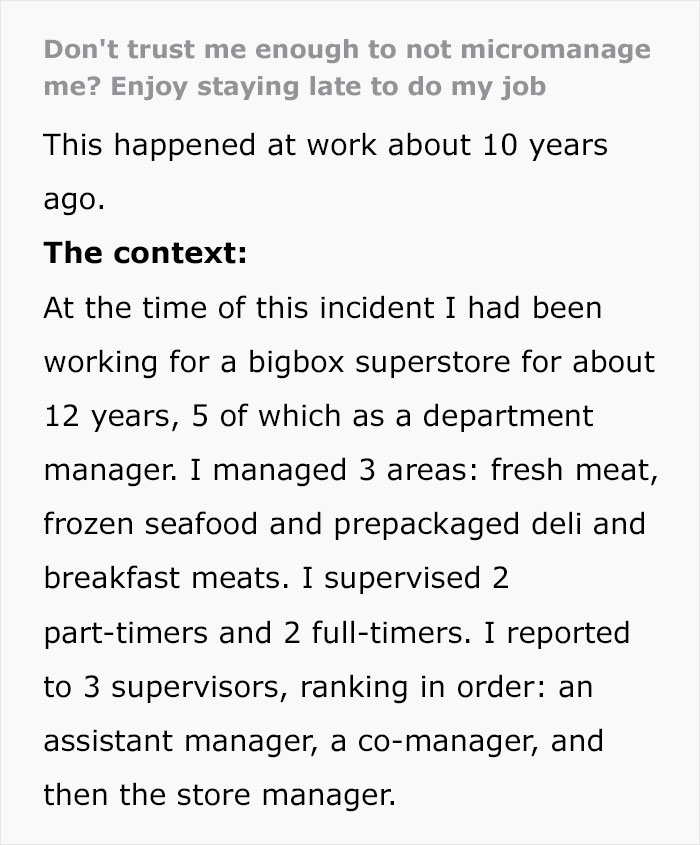
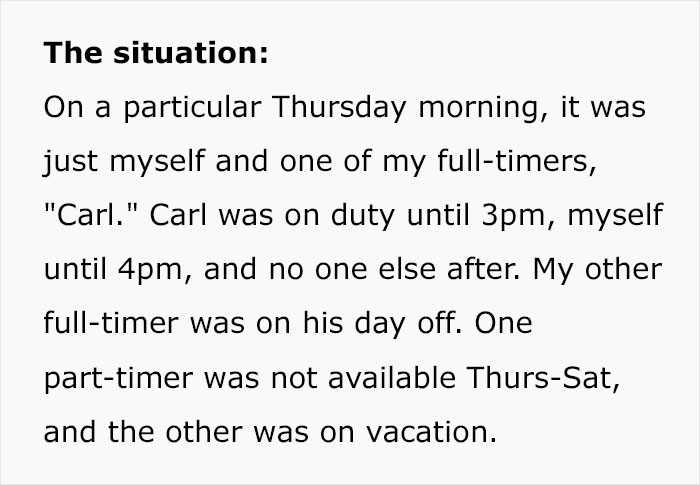
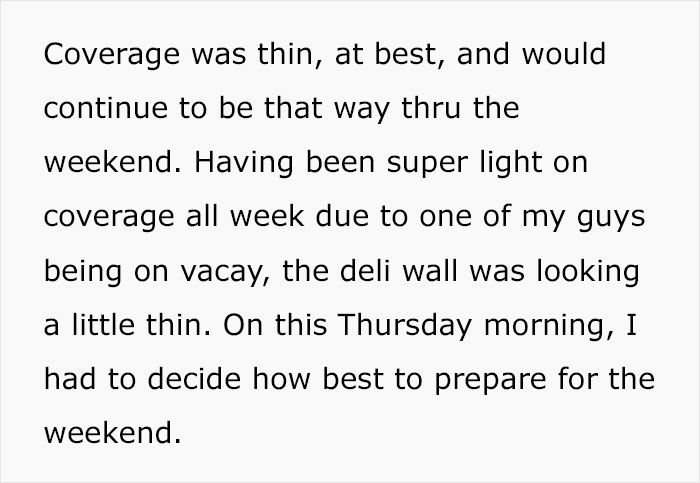


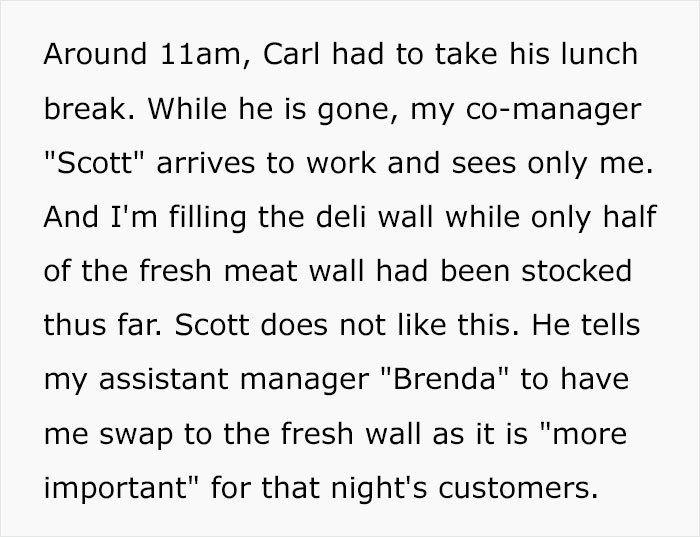


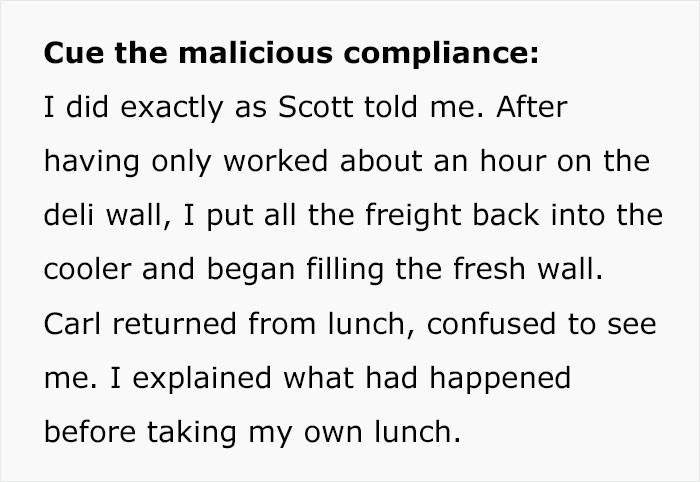




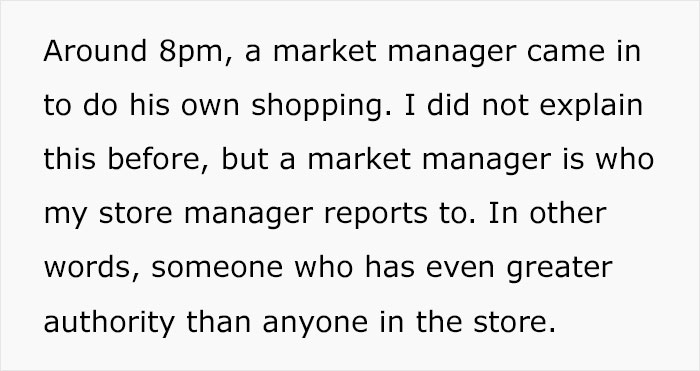
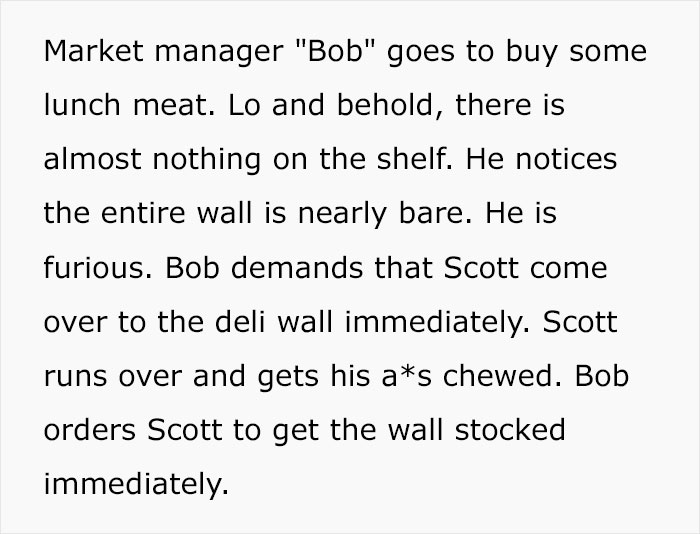
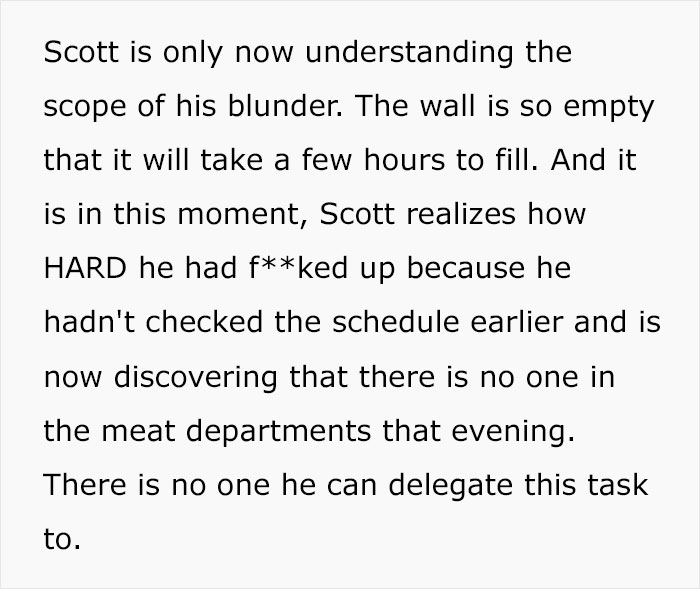

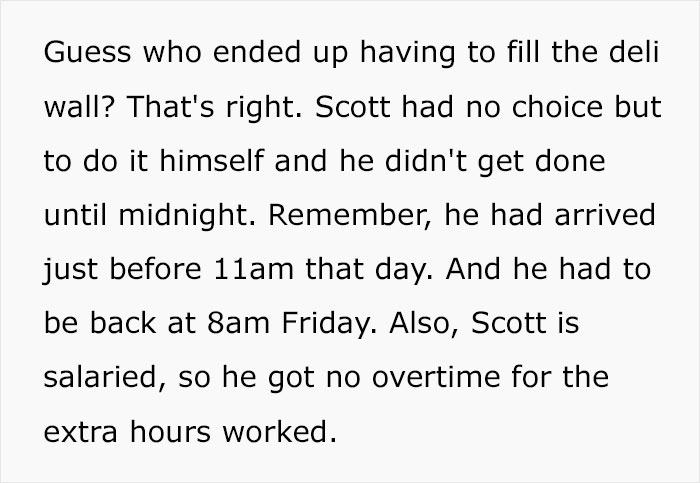
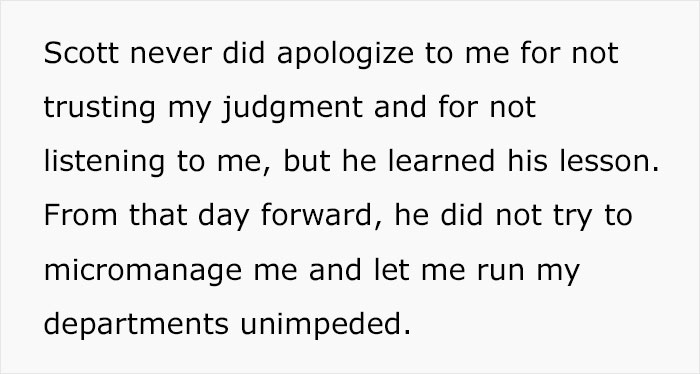
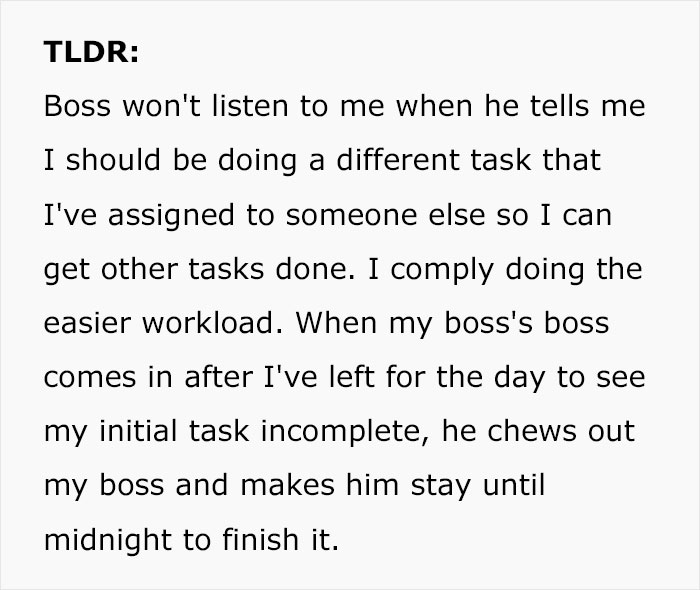




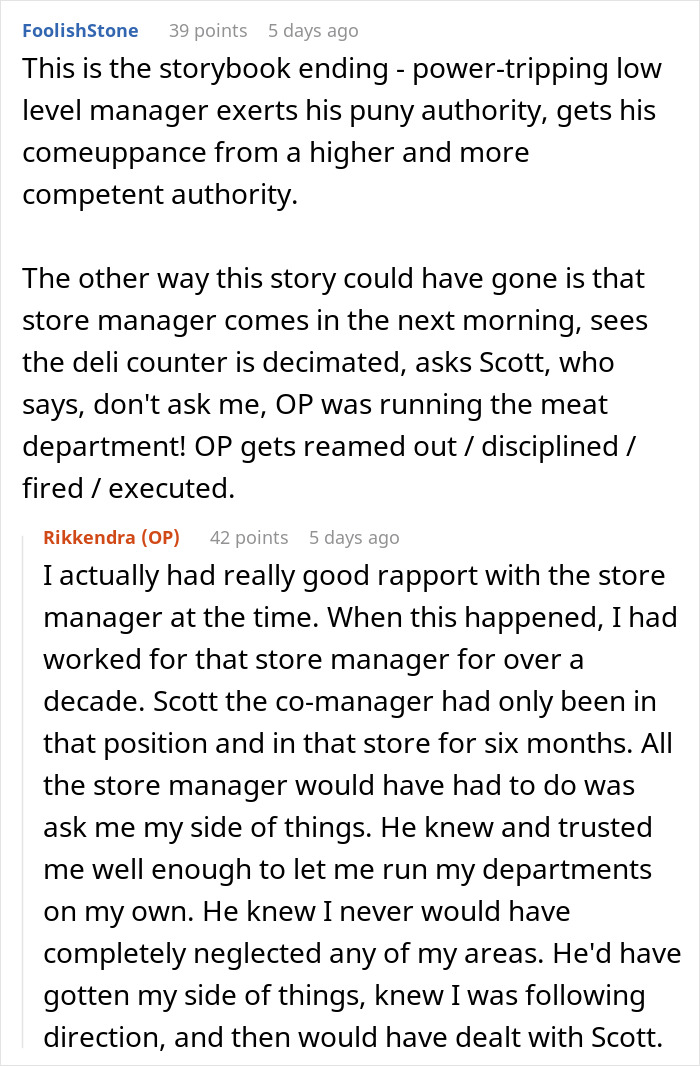
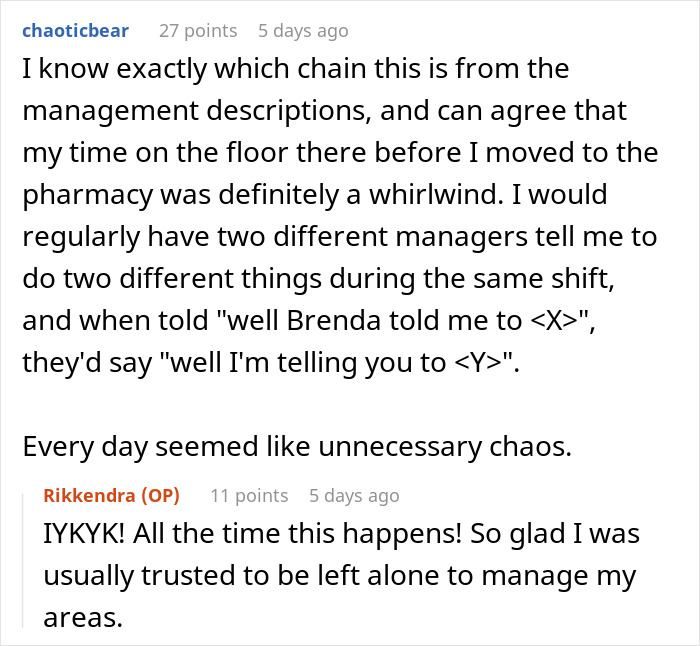
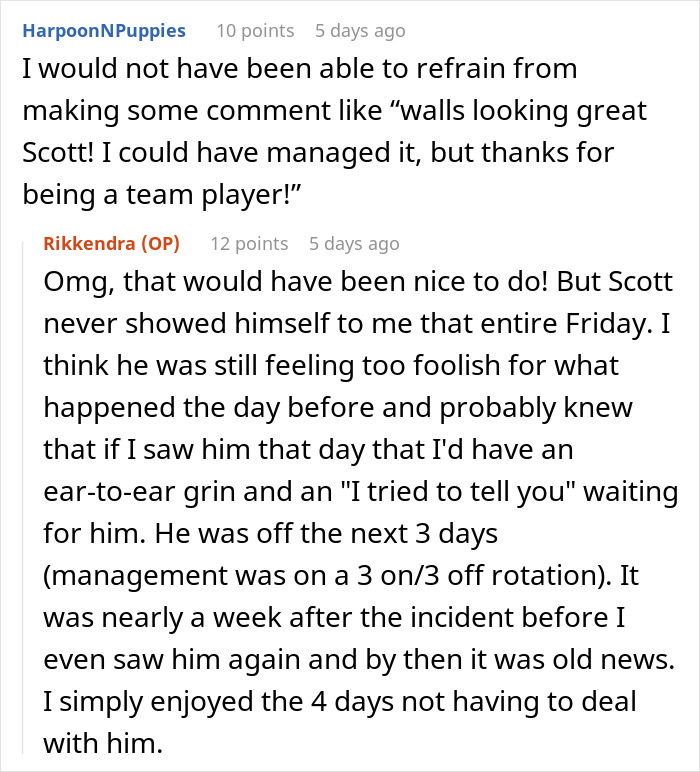

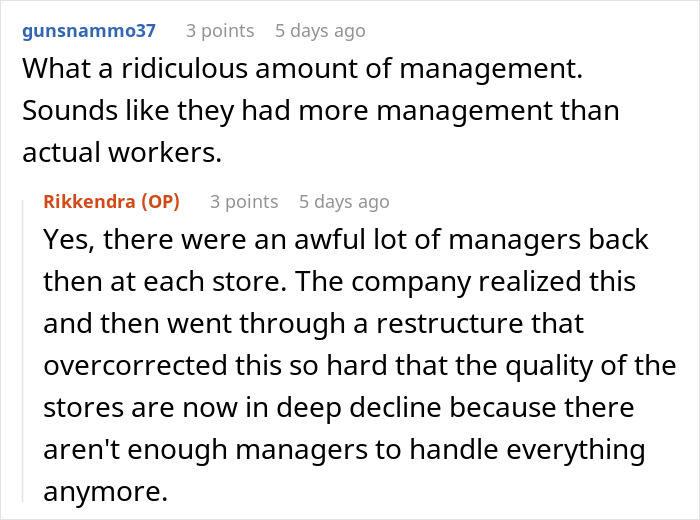



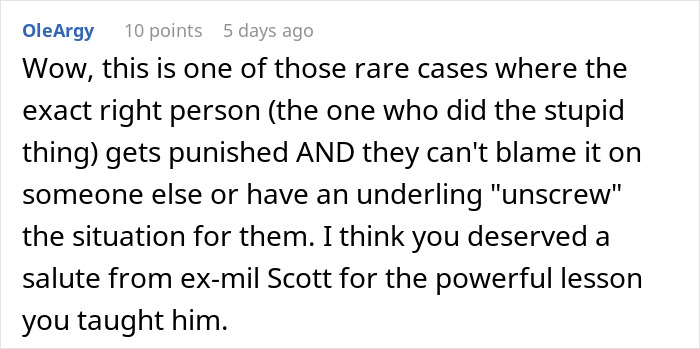
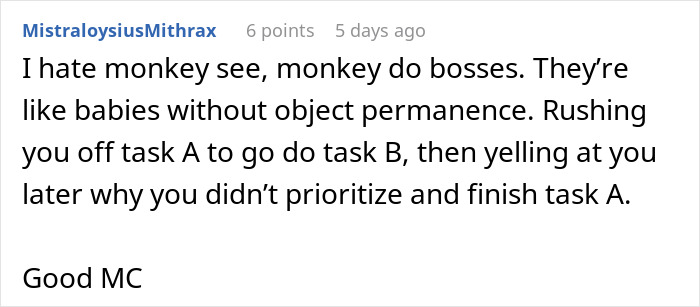













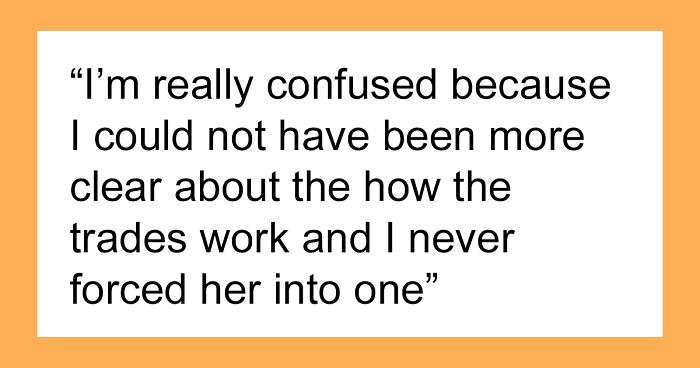












67
10